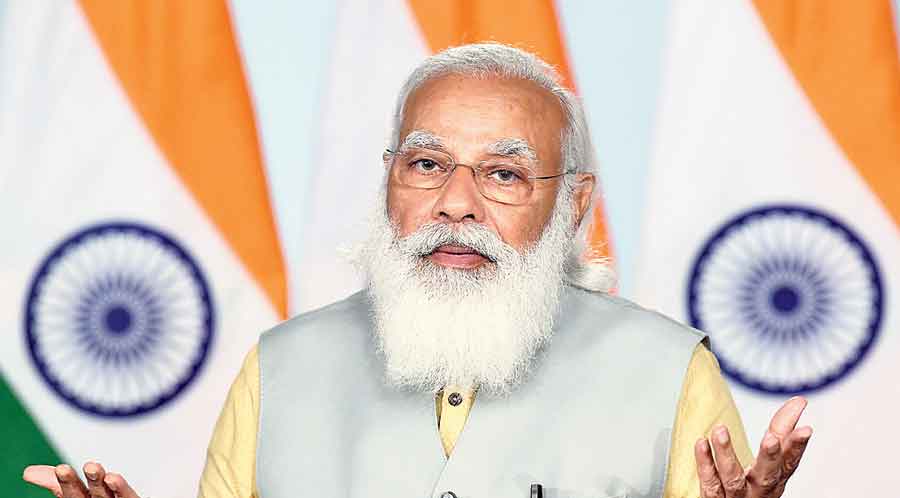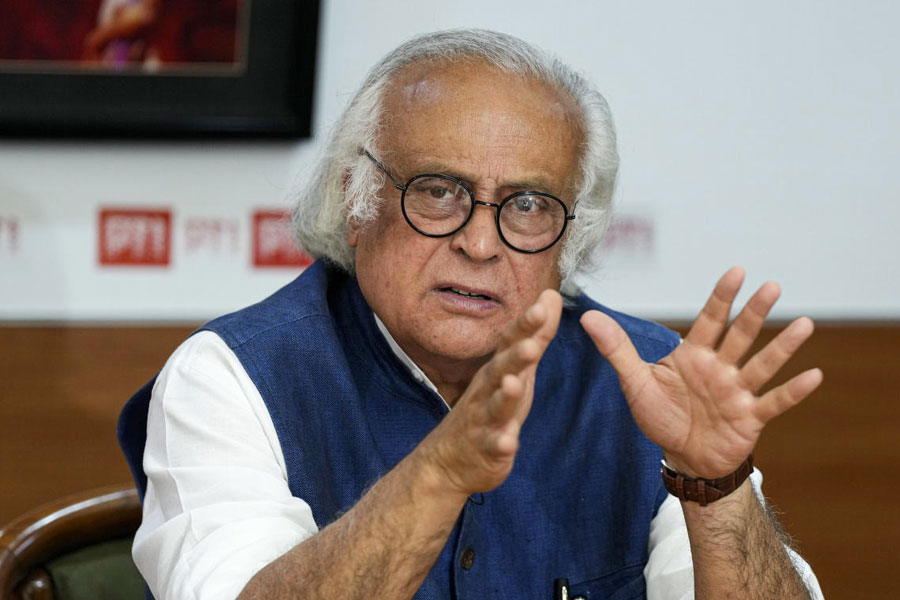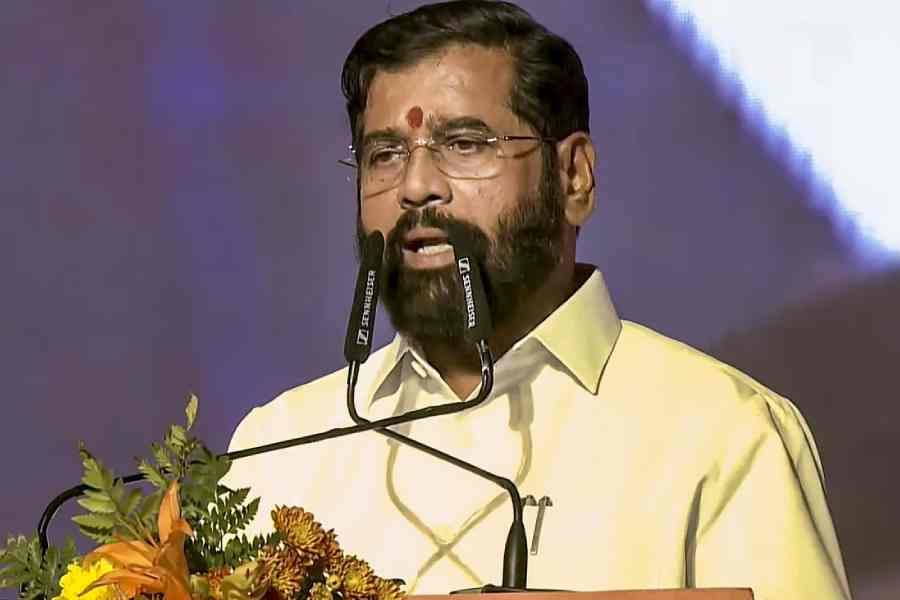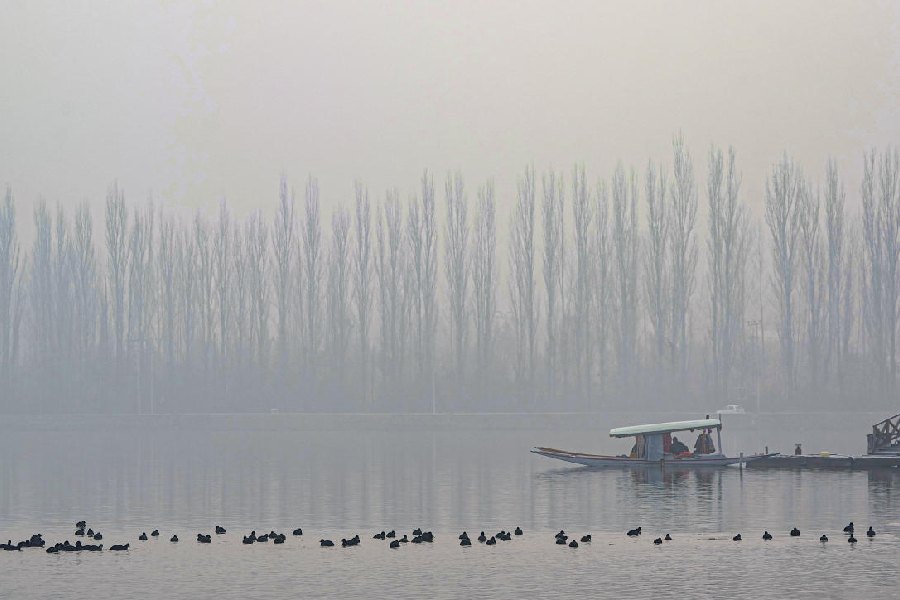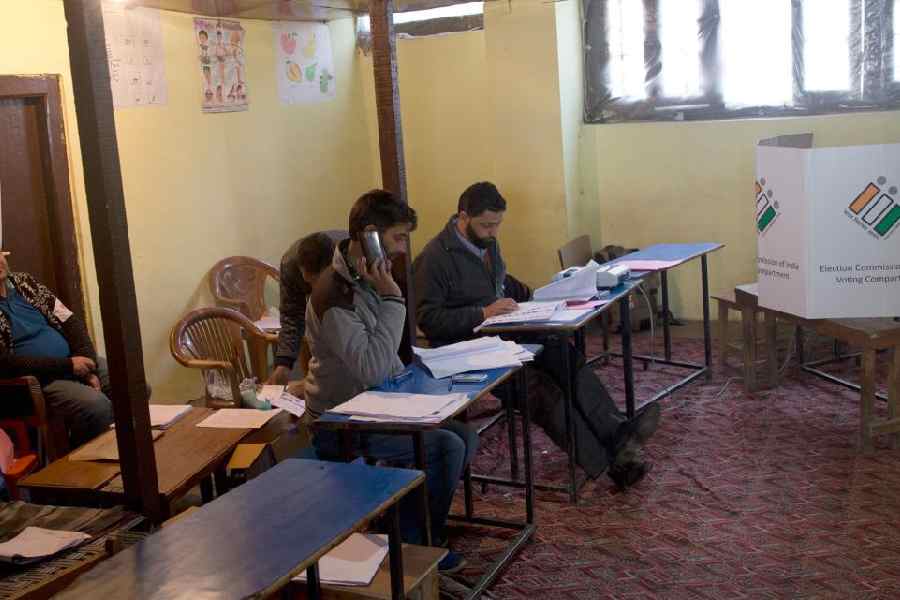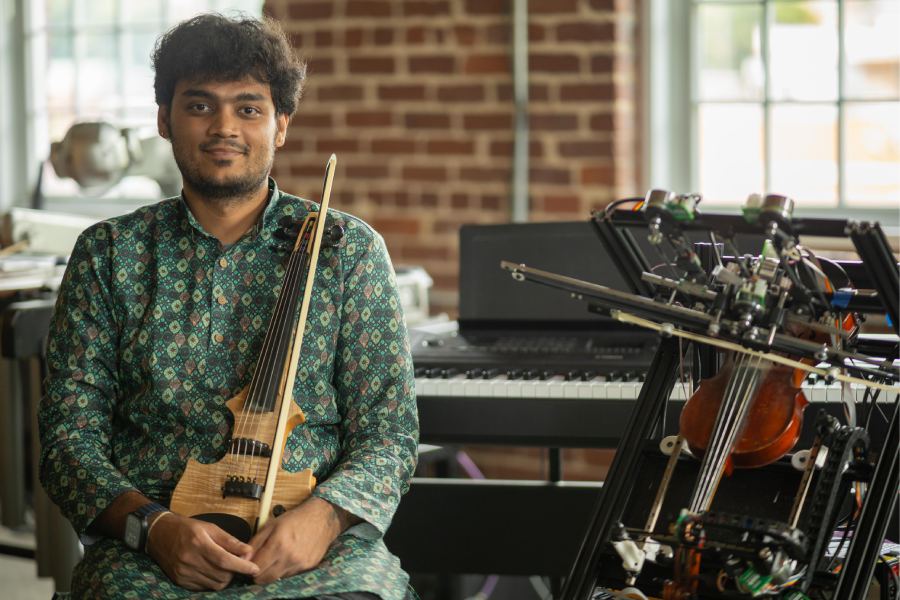One of the greatest talents of the politicians in power at the Centre is their ability to infuse old words with new meanings. ‘Freedom’, for example, seems to mean something other than what was generally understood so far. They have now become creative with the word, ‘creative’. There is to be a creative writing contest for teachers and parents of Kendriya Vidyalayas and Navodaya schools before the prime minister’s discussion with students on examination stress. The idea of the prime minister as the students’ friend is creative enough, particularly when he mentors them about examination stress. His own youthful experience must be the source of his wisdom. That the prime minister, who is not noticeably fond of academics and students who speak their mind, should insert himself directly into young people’s thinking and mould their attitude to examinations is the very acme of creativity.
But the Bharatiya Janata Party-led government wants more. More inventiveness than the gau mata examination entailed. The topics for the creative writing contest, which pupils in higher classes can join, indicate immediately that the word ‘creative’ means something new. Shorn of its association with freedom, creativity for parents is a kind of homework: lessons in the way they will reduce their children’s stress. “Your words make your child’s world — encourage as you have always done”, for example, has the government placing itself between parents and children and trying to regiment their attitudes with instructions about the child and parent writing each sentence in turn. “Be your child’s friend — keep depression away” is an order, not a creative writing topic; the parent is instructed to write the child a postcard saying why he or she is special. But to have parents join a contest — test, in effect — is a sign of the government’s creativity about its own rights. And do its aided schools teach that segment of students alone in which all parents are able to participate in a written contest?
The topic given to teachers is about the benefits of online teaching and how to make it better. This is designed to stifle all descriptions of the problems faced by an enormous number of teachers and students all over India which deeply affect inclusivity and achievement, while condemning children to the monotony of screen communication without dynamic engagement with teachers, peers and physical surroundings. To write about the benefits alone would be truly creative; it is the kind of creativity underlies most of the government’s favourite agendas. The topics form a package. Students must write on examinations being festivals — must they be creative contortionists? — on incredible India, on aspiring not to be but to do and, most tellingly, on being grateful. The bleak irony of having to get creative about being grateful does not seem have struck the wise men at the Centre. Seen as a package, the topics make perfect sense. There is little scope for misunderstanding.

